The Dead Sea on scorching hot days. (Photo: Thanh Binh/VNA)
According to the meteorological station in Sdom, located south of the Dead Sea, the temperature in the Dead Sea area reached 45.1 degrees Celsius, 0.3 degrees Celsius higher than the highest temperature ever recorded in Israel.
Previously, in 2019, 6 years before this recording date, the Sdom station also recorded the highest temperature ever recorded in Israel: 49.9 degrees Celsius, a shocking number.
Photos from the scene show a wildfire raging in Israel, reflecting some of the dire consequences of increasingly severe climate conditions.
Israel is experiencing a severe heatwave with warnings of temperatures reaching 45 degrees Celsius in the Arava desert and 42 degrees Celsius in the Beit She'an valley. Some areas are expected to see further rises, reaching 45 degrees Celsius, later this week.
Israel's Health Ministry recommends that people reduce sun exposure, especially vulnerable groups such as the elderly and people with chronic illnesses, during this heat wave.
July 2025 continues the trend of increasing heat waves, in the context of 2024 being recorded as a record hot year in Israel, with average summer temperatures much higher than previous years.
Climate experts warn that Israel is warming at an unprecedented rate. “The entire Middle East, including Israel, is an extremely climate-sensitive region, becoming drier with less rainfall and prolonged droughts,” said Mor Gilboa, executive director of the Israeli environmental NGO Zalul. “Each year is breaking the previous year’s temperature record.”
“We are seeing more and more unusual weather events,” said Amos Porat, head of climate services at the Israel Meteorological Authority. “In the next decade or two, we could see an average of five heat waves a year, each lasting up to five days.”
According to Gilad Ostrovsky, head of forestry at the Jewish National Fund Keren Kayemeth LeIsrael, it is difficult to ignore the clear threat posed by climate change, especially when the Middle East is warming much faster than the global average.
“That means less rain, prolonged hot weather, droughts, very harsh conditions not only for people but also for plants and the entire natural environment. This is a real threat and often accompanied by many uncertainties,” Mr. Ostrovsky emphasized.
He stressed that humans cannot know exactly what will happen, so it is necessary to think long-term and act now to protect wild lands, not only for the next 77 years but also for the long-term future./.
According to VNA
Source: https://baothanhhoa.vn/bien-chet-nong-45-1-do-c-israel-lap-dinh-nhet-moi-giua-mua-he-khoc-liet-256009.htm


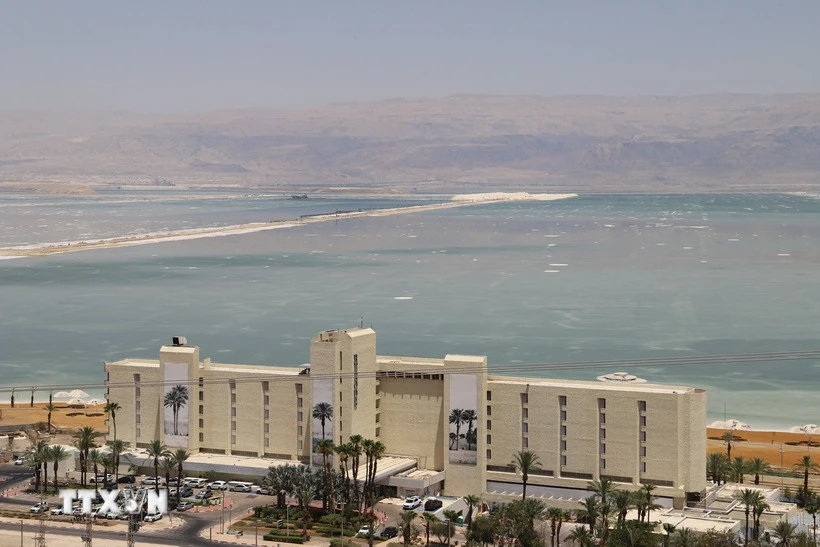
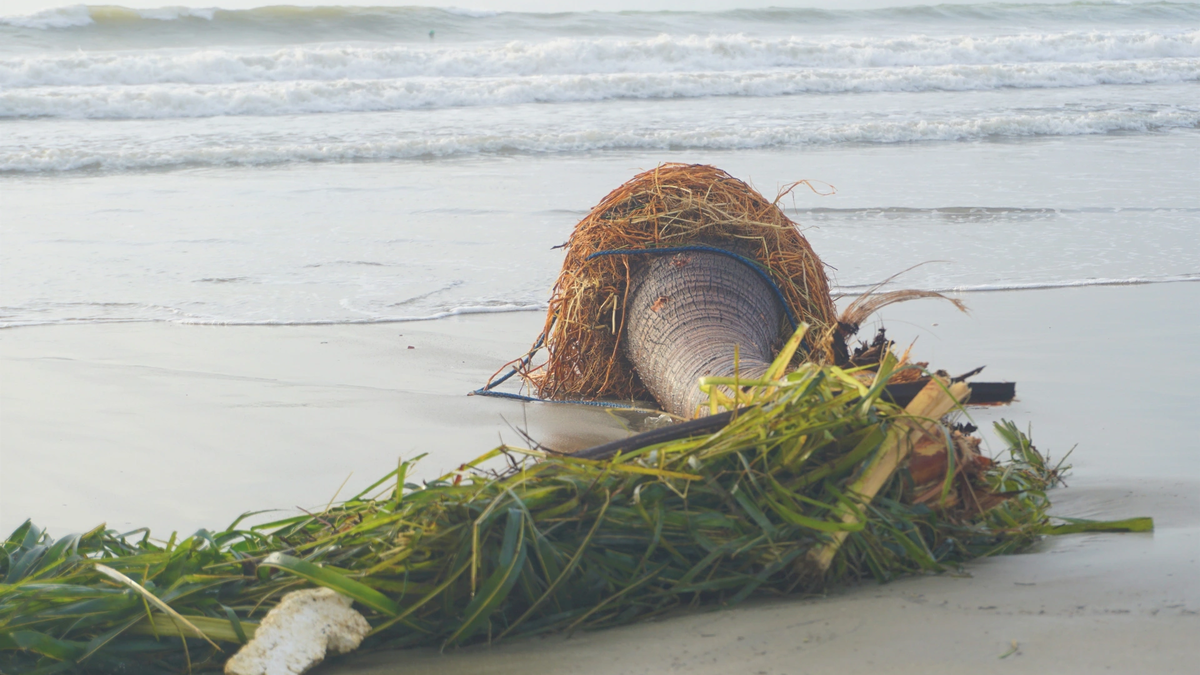


![[Photo] Da Nang: Hundreds of people join hands to clean up a vital tourist route after storm No. 13](https://vphoto.vietnam.vn/thumb/1200x675/vietnam/resource/IMAGE/2025/11/07/1762491638903_image-3-1353-jpg.webp)
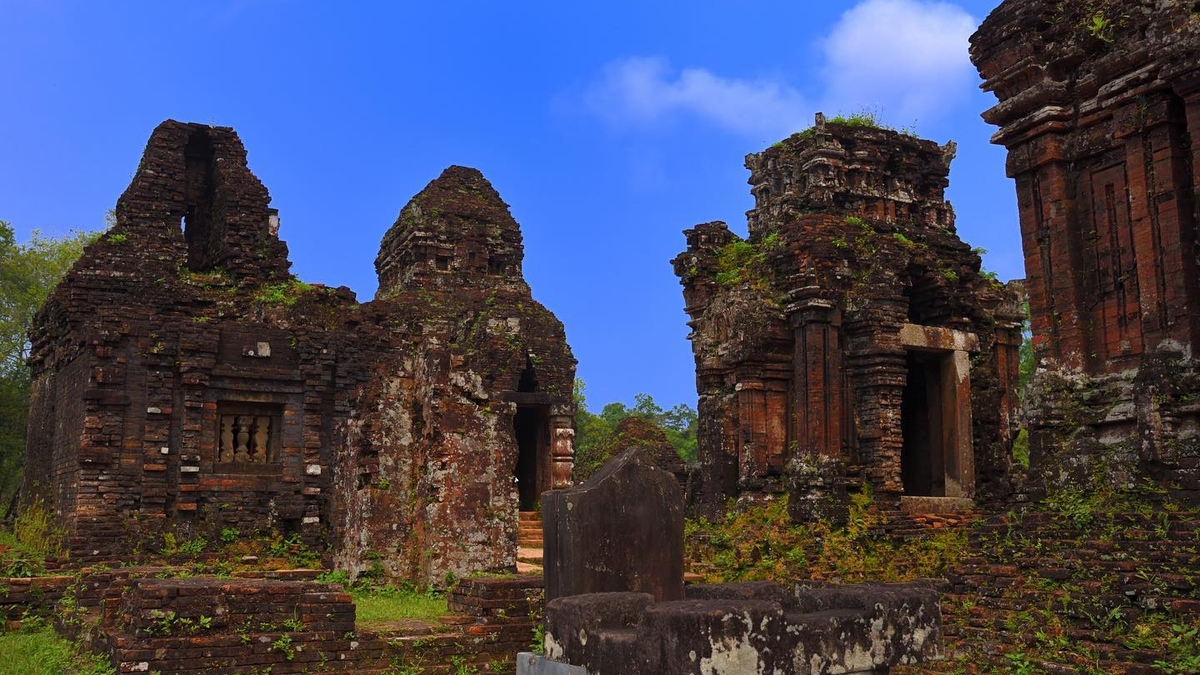











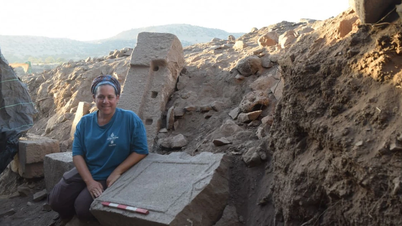

















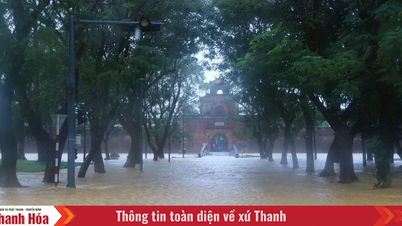





































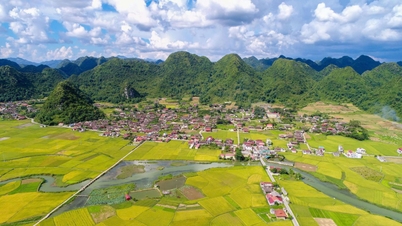

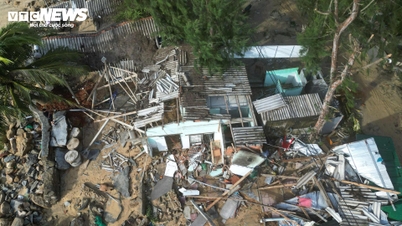



















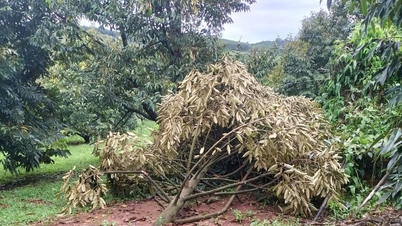
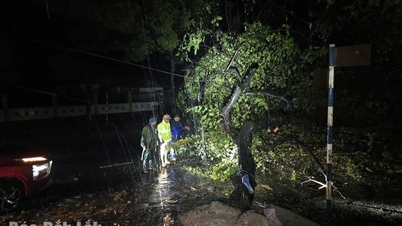















Comment (0)